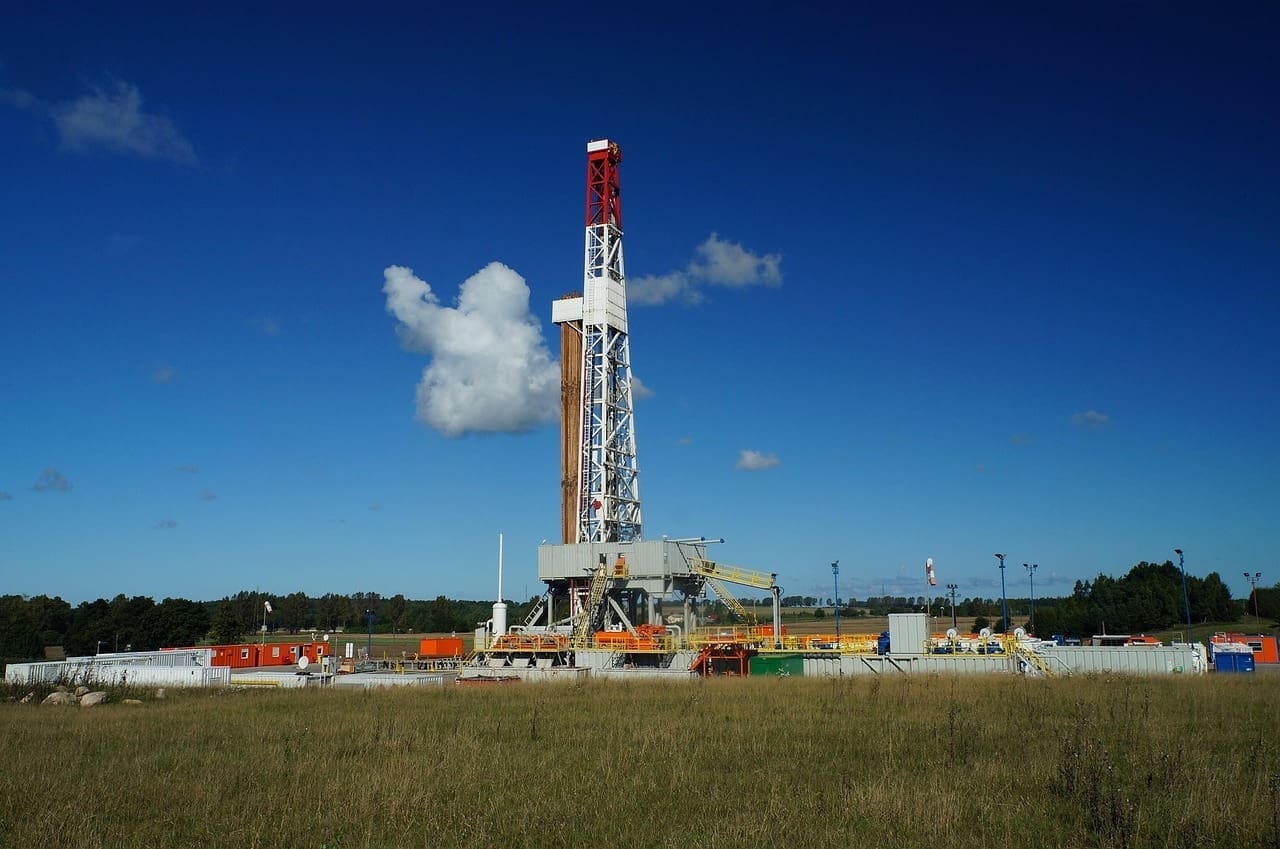The offshore energy sector continues to evolve, driven by demand for oil, gas and renewable resources such as offshore wind. Alongside technological advancements and new exploration methods, safety remains a key concern for operators and contractors working in harsh and unpredictable environments. Preparing teams to handle emergencies at sea is not just a regulatory formality but a vital investment in protecting lives and maintaining operational integrity. One of the most important steps in this preparation is achieving a BOSIET certificate.
Why the BOSIET certificate matters
The BOSIET certificate is developed according to standards set by OPITO, a globally recognized organization for offshore safety and competency. This ensures that training programs meet strict requirements and prepare workers effectively for real-world offshore conditions.
For employers in offshore oil, gas and renewables, the BOSIET certificate is often a non-negotiable entry qualification. By choosing a program aligned with OPITO standards, companies can confidently deploy teams knowing they have completed verified and reliable safety training.
Obtaining a BOSIET certificate equips workers with practical knowledge and builds the confidence needed to act decisively under pressure. Crew members with this certification are better prepared to protect themselves and support their colleagues during critical moments, whether working on offshore oil rigs or maintaining offshore wind installations. OPITO-certified programs are not only trusted globally but also regularly updated to reflect the latest offshore safety standards. Their influence ensures consistency across regions, allowing teams to meet the same expectations regardless of location.
Strengthening safety culture offshore
A strong safety culture offshore does not come from written policies alone; it’s built through hands-on preparation and a shared commitment to protecting every team member. The BOSIET certificate plays a key role in creating this culture, whereby workers develop a mindset and gain practical skills they need to face emergencies calmly and effectively.
When employees complete thorough training, they feel more secure and engaged in their daily responsibilities. This sense of readiness encourages collaboration and helps establish trust among team members, which is vital in high-risk offshore environments. By investing in the BOSIET certificate, companies show that safety is not only a requirement, but also a core value integrated into daily operations.
Choosing the right training partner
To maximize the value of BOSIET training, selecting a trusted and experienced provider is important. For maximum effectiveness, companies should prioritize training that follows OPITO guidelines. These standards provide a benchmark for safety and ensure that participants complete courses that are recognized throughout the international offshore community. For example, BOSIET offers certificate programs designed to meet international standards, focusing on realistic, hands-on learning. Their courses include practical exercises that simulate emergency situations, allowing participants to build confidence and muscle memory in a safe setting.
By working with an accredited provider like FMTC Safety, companies ensure their teams receive high-quality, practical instruction aligned with industry expectations. This approach supports operational readiness and contributes to a strong safety culture across offshore projects.
A forward-looking approach to offshore safety
As offshore operations grow more advanced and extend into new regions, the importance of strong safety training continues to rise. Technologies may change, but the need for well-prepared teams remains constant. The BOSIET certificate equips offshore workers to handle evolving challenges confidently and supports long-term operational stability.
By emphasizing comprehensive training, companies protect their most valuable assets; their people. A workforce that feels prepared and valued is more productive, loyal and better equipped to handle unexpected events. Investing in the BOSIET certificate reflects a forward-thinking approach to risk management and demonstrates genuine care for every individual on board.
Conclusion
Earning a BOSIET certificate is a strategic commitment to safety, teamwork and operational excellence. Preparing offshore crews with essential survival skills and fostering a strong safety mindset ensures that workers feel confident and valued, even in the most challenging conditions. Trusted training partners like FMTC Safety play an essential role to support both individual confidence and organizational resilience. As the offshore energy sector evolves, prioritizing high-quality safety training will remain essential to building a strong and secure future for all.






